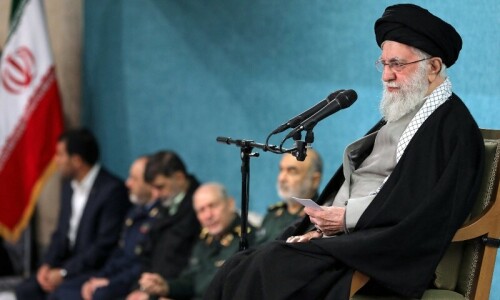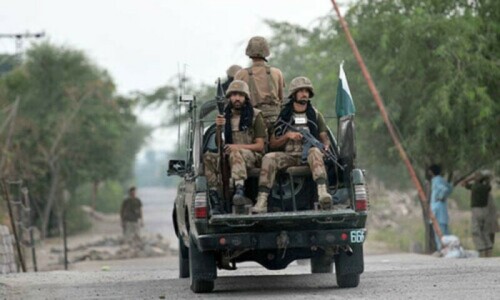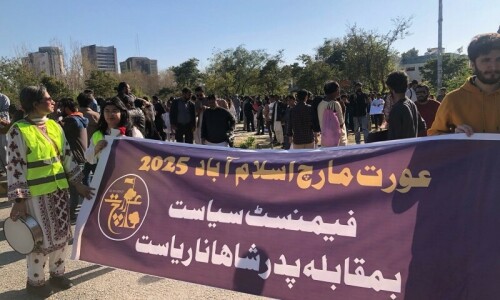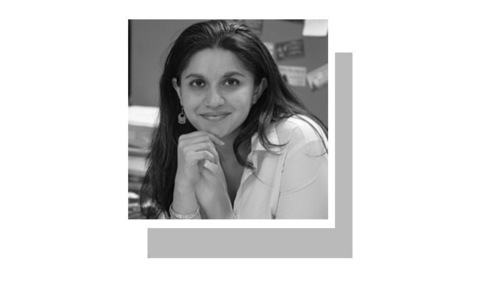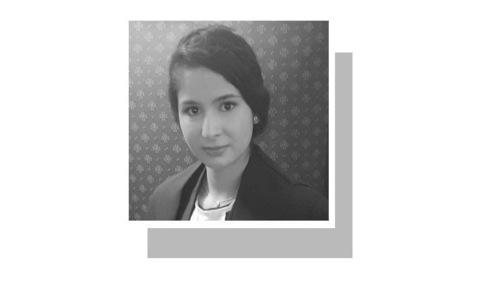Hundreds of volunteers from 18 countries gathered in the northeastern French town of Verdun to keep alive the memory of those who fought under appalling conditions in World War I. Re-enactors dressed in soldiers’ uniforms brought to life a big military encampment in the town and held a military parade, part of a series of events to mark the centenary of the end of the war.
Visitors could visualise soldiers’ daily life during the war through the reconstruction of field kitchens, First Aid posts and command posts. Soldiers in khaki, grey or blue uniforms, depending on the country, and women wearing Red Cross nurses uniforms presented authentic objects and equipment from the 1914-1918 war. Other volunteers were dispatched on key battlefield areas around Verdun.
They didn’t re-enact any fighting out of respect for the sites, which have since become a symbol of peace. Instead, German and Polish volunteers were sharing tips about military clothes and historic anecdotes with their French, Australian and English neighbors at the encampment. The 10-month battle at Verdun the longest in World
War I killed 163,000 French and 143,000 German soldiers and wounded hundreds of thousands of others. Between February and December 1916, an estimated 60 million shells were fired. Entire villages were destroyed and never rebuilt.
Jacob Withoos, 19, came from Australia as a volunteer within a group of 12 men. “The main importance there is the remembrance,” he said. “War is never a good thing and we must ensure it doesn’t happen again. It’s great to have things like this so we can remember the men who sacrificed themselves in order to preserve freedom, and definitively ensure it doesn’t happen again to any future generation.” Caroline Hecquet, a volunteer from northern France, stressed all countries involved in World War I share a “common suffering”. “People don’t know any more how objects were used, how clothes looked like. That’s what we want to pass on.”
Published in Dawn, August 27th, 2018




